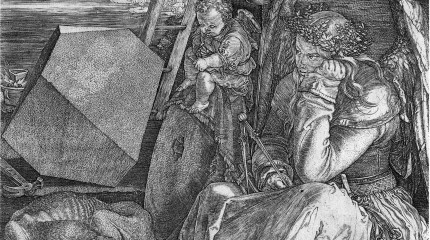In the build-up to the writing up of my paper which is a critique of corporate personhood as a legal fiction for the LW928 Law and Humanities modules, as I was researching, I realised that there are many other ways at which we could look at corporate personhood. From philosophical, organisational to psychological and sociological dimensions- the corporate person does not only have legal implications, something that we often forget as lawyers. I have thus decided to concentrate on the philosophical side of the concept and analyse moral personhood for two of my blog posts. This first post will be about two arguments in favour of moral personhood.
It is also helpful to first set out that the corporate personhood is a legal fiction, in the way that, put very simply, the law treats it as a person but we all know that it is not a ‘natural’ person in a literal manner.
Firstly, moral philosophy believes that corporations, along with their legal rights and duties, also have moral rights and duties. Just like natural persons, corporations should bear the consequences of their actions and assume responsibility for them.[1]
“The presence or absence of corporate moral personhood determines whether corporations are subject to blame for their failure to meet [their moral] obligations.”[2]
Philosophers in favour of the corporation having moral responsibility theorise that the corporation has both the intentionality and ability to act. This means that, despite the fact that a corporation depends on natural persons to run it, all the moral responsibilities and duties cannot be solely attributed to them. By colluding to make up the corporation, which claims rights as an individual ‘person’ under the Bill of Rights, the actions of the each of the individuals become one big corporate action. The underlying principle being that if the corporation wants to claim rights as a person, it should be as liable as a natural person would be when it engages in ‘immoral’ actions.
“It is not always appropriate to limit moral responsibility to the
individual members of the corporation because sometimes immoral
corporate actions are the result of a series or combination of blameless
primary individual actions. No one person is at fault for the harm
caused by the collective corporate act.”[3]
It is quite hard to track who has done what in large corporations and tracking who is to blame when decisions go wrong can be somewhat an impossible task in large corporations. It will most probably be a combination of the actions of multiple individuals. Hence proponents of the moral corporate responsibility theory think it is easier to attribute the burden to the corporation as a whole.
Secondly, philosophers have found a different way to establish corporate moral personhood by projecting the moral features of human beings onto the corporation. Goodpaster and Matthews argue that ‘rationality’ and ‘respect’ are the two components that make the human beings morally responsible.[4] By way of analogy, because corporations possess the ability to research, calculate risks and evaluate the potential impact of that some decisions might have, they prove that they can be both rational and can show respect. They can thus be considered to be moral persons. As giant business and financial players, corporations might actually have access to more information than a normal individual will ever have which cements the argument that they should be moral ‘person’ even more.
The overall underlying justification of those in favour of moral personhood for the corporation is that if the latter wants to have the same rights as a person, it should also have the same moral responsibilities. For them, the corporations have no excuse to not be morally responsible as it possesses more than enough resources to take sound decisions that are not harmful to society.
[1] Paul B. Thompson, Why Do We Need a Theory of Corporate Responsibility? in SHAME, RESPONSIBILITY AND THE CORPORATION 113, 116 (Hugh Curtler ed., 1986).
[2] “Michael J. Phillips, Corporate Moral Personhood and Three Conceptions of the Corporation, (1992)2 Bus. ETHICS Q. 435, 436
[3] Susanna Ripken, K. “Corporations are people too: a multi-dimensional approach to the corporate personhood puzzle.” (2009) Fordham J. Corp. & Fin. L. 15 : 97.
[4] Kenneth E. Goodpaster & John B. Matthews, Jr.’ Can a Corporation Have a Conscience’ (1982) HARV. Bus. REV; 132, 134.
